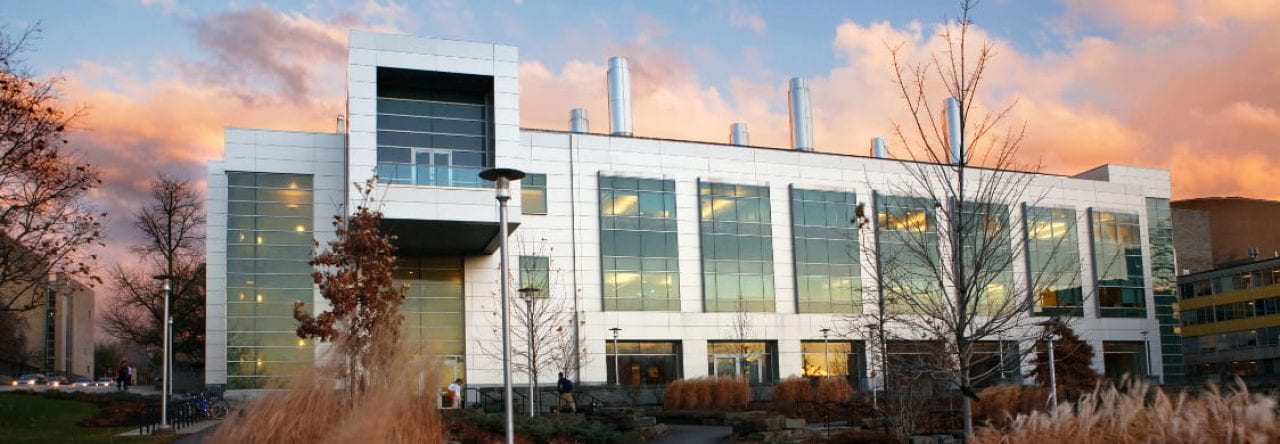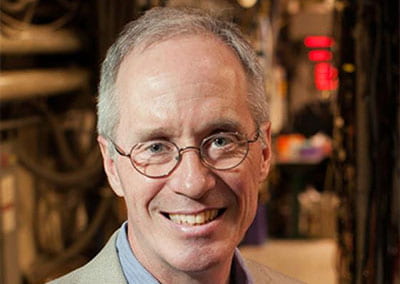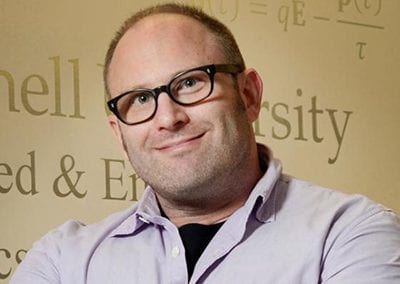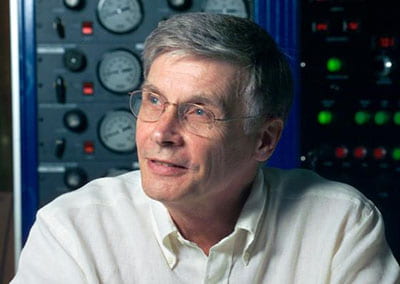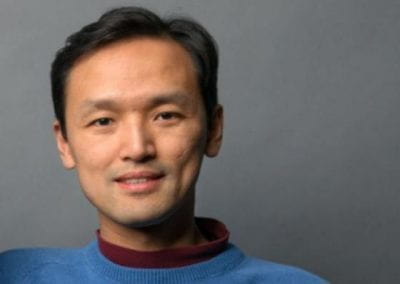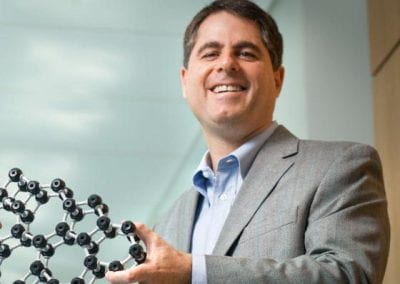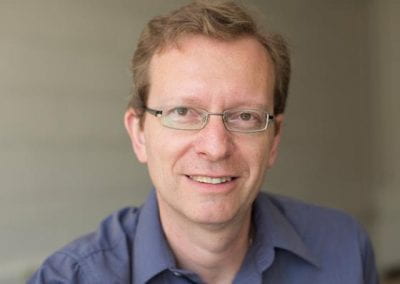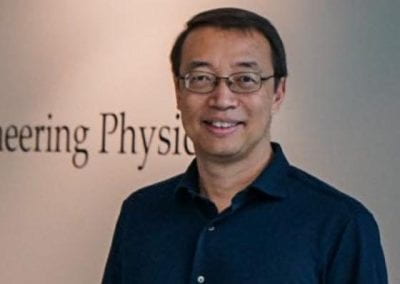Undergraduate Degree Program for Engineering Physics
The Engineering Physics (EP) program is oriented towards students who love the challenge of solving technical problems both fundamental and applied. This major offers a broad-based engineering education to prepare you for diverse careers in a rapidly changing technical world. Whether your interest is in basic research or in biotechnology, quantum information sciences, renewable energies, microelectronics, nanotechnology, photonics and optical engineering, software development, or any of the other burgeoning fields of engineering that require outstanding technical background, an engineering physics bachelor’s degree is your key to success.
EP offers you an opportunity to develop a deeper understanding of the fundamentals of rapidly changing technology through an extensive physics and mathematics program in an engineering context. With electives and laboratory courses, you can easily combine this enhanced knowledge with the practical aspects of conventional engineering disciplines.
The undergraduate EP curriculum at Cornell is designed to prepare you for a career in research or development in pure or applied science, advanced technology, or engineering. It focuses on the fundamentals of physics and mathematics, both experimental and theoretical, that are at the heart of modern engineering and science and have broad applicability. By choosing a particular concentration, you can combine this physics base with a firm background in a conventional area of engineering or applied science. Engineering physics emphasizes the basic physics underlying most engineering developments, and mathematical tools vital to all engineers and scientists. The EP curriculum encourages students to extend themselves and develop broad skills in the physical sciences. Our curriculum fosters mastery in areas of basic physics and related skills that are critically important. Combined with hands-on experience with computers, electronics, and lasers, this is excellent preparation for a broad range of careers. EP students may carry out their own research projects during the junior and senior years. Internationally recognized faculty, coupled with sizable research funding, permits the study (both theoretical and experimental) of many subjects, including integrated-circuit technology, wave-function engineering, electron and ion-beam nanofabrication, lasers and optics, superconducting devices, quantum information, physics of renewable energy, plasma physics, biological physics, materials physics, and x-ray physics. Engineering physics encourages the development of experimental skills to complement formal coursework, offering five experimental courses in the areas of nanoscience, computers, lasers, optics and electronics.
Outcomes
About half of EP graduates take positions in high-technology industries, at starting salaries at the top end of the scale for engineers. The others go to graduate school or to professional programs in engineering, law, medicine, and business administration; the reputation of engineering physics makes graduates extremely attractive candidates for graduate admission and financial support in many different disciplines.
Most engineering physics graduates develop careers in industry as staff engineers or scientists or technical directors; in research and administrative positions in nonprofit and national laboratories; as professors in almost all engineering and scientific disciplines at major universities; as consultants; or as physicians or lawyers.
Master of Engineering Degree Program
Jump start your career with the Master of Engineering (M.Eng.) program in applied and engineering physics (AEP). This one-year master’s program offers advanced study and training in applied physics. It provides valuable graduate training and research/design project experience sought after by industry, government, and R&D organizations. The curriculum is tailored to fit the needs of individual students, and the project component offers an opportunity for independent research under the supervision of leading scientists and engineers.
SOME AREAS OF FACULTY RESEARCH
- atomic, molecular, and chemical physics
- biophysics and biotechnology
- condensed matter physics and materials science
- electron, ion, x-ray, and scanned-probe spectroscopy and microscopy
- laser development
- nanoscience and nanobiotechnology
- optical physics and photonics
- plasma physics and astrophysics
- quantum electronics, photonics, and quantum information science
- renewable energy
Engineering Physics by the Numbers
Number of Engineering Physics undergraduate students: 61
Starting salaries of B.S. Engineering Physics graduates (three-year average):
- Median salary: $87,000
- High salary: $160,000
Post graduate plans for engineering physics graduates at the time of graduation (three-year average):
- Employed 23%
- Attending Graduate School 70%
- Seeking Employment 2%
- Seeking Graduate School Admission 4%
- Other 1%



